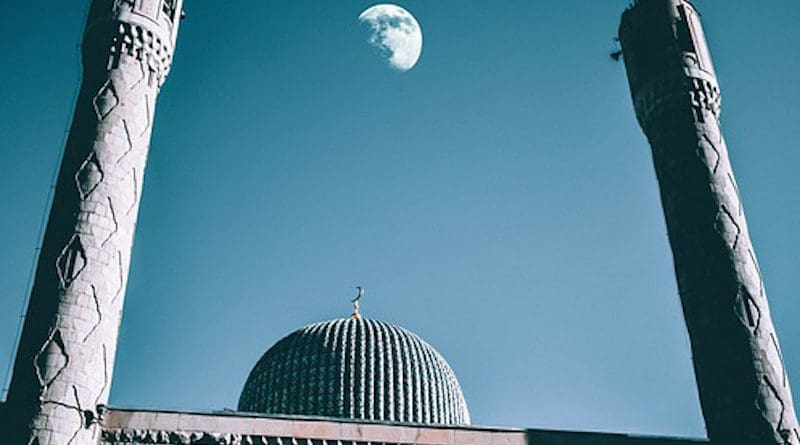Muslim Peoples From Russia In Turkey Becoming More Active, Attracting More Attention – OpEd
By Paul Goble
Until relatively recently, Turkish policy meant that Muslim peoples from the USSR or the Russian Federation kept a low profile and researchers were largely blocked from studying them. But that has now changed, and this most important source for the study of the Muslims of Russia has become more accessible.
Last week, the International Crisis Group published a special investigation on Muslims of Russian origin who live in Turkey, the latest in its series of studies on Muslim diasporas who trace their origins to the Russian Empire, the USSR, and the Russian Federation (crisisgroup.org/russian-origin-muslims-turkey).
The new research builds on that of Lowell Bezanis, “Soviet Muslim Emigres in the Republic of Turkey,” Central Asian Survey, 13:1 (1994): 59-177; Egbert Wessenlink, The North Caucasian Diaspora in Turkey (1996 at refworld.org/docid/3ae6a6bc8.html), and other scholars, including from the Russian Federation and Turkey.
Naima Neflyasheva, a historian of the North Caucasus who regularly blogs about developments there for Kavkaz-Uzel, provides a review of the ten most important points that the new study makes about Muslim emigres from the North Caucasus in Turkey now (kavkaz-uzel.eu/blogs/1927/posts/49905).
First, she says, the study highlights that Turkey and especially Istanbul have become centers of the North Caucasus diasporas as they have for other Turkic peoples from the Russian Federation. Second, most of the members of these groups are not politically active. They are in Turkey because they face persecution at home or the lack of economic opportunities.
Third, Turkey views some of the members of these communities with suspicion and on occasion attacks the entire group, causing the North Caucasians in Turkey to keep a lower profile than would otherwise be the case. Fourth, Turkic Muslims from other parts of Russia and the Middle Volga in particular are joining this category of emigres.
Fifth, the diasporas are extremely diverse reflecting the national traditions of the various peoples from which the people there spring. Sixth, they generally avoid interacting not only with outsiders but also with the Turkish authorities, fearful that any such contacts could be used against them.
Seventh, those who hope to return to their homelands are more likely to remain isolated while those who think they will live in Turkey or elsewhere abroad forever go to Turkish schools and learn Turkish. Eighth, the overwhelming majority of these diasporas don’t have citizenship and thus are at risk of expulsion.
Ninth, many work illegally as Turkish law limits their opportunities. And tenth, the groups have become more active politically; and Ankara suspects that those found to be involved in a 2015 bombing are only the tip of a radical iceberg among them.

